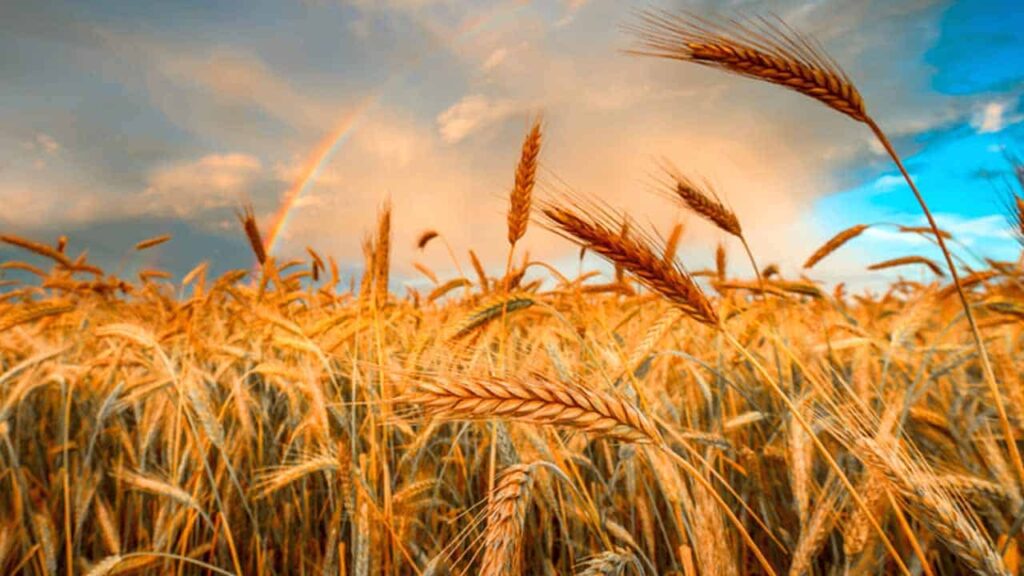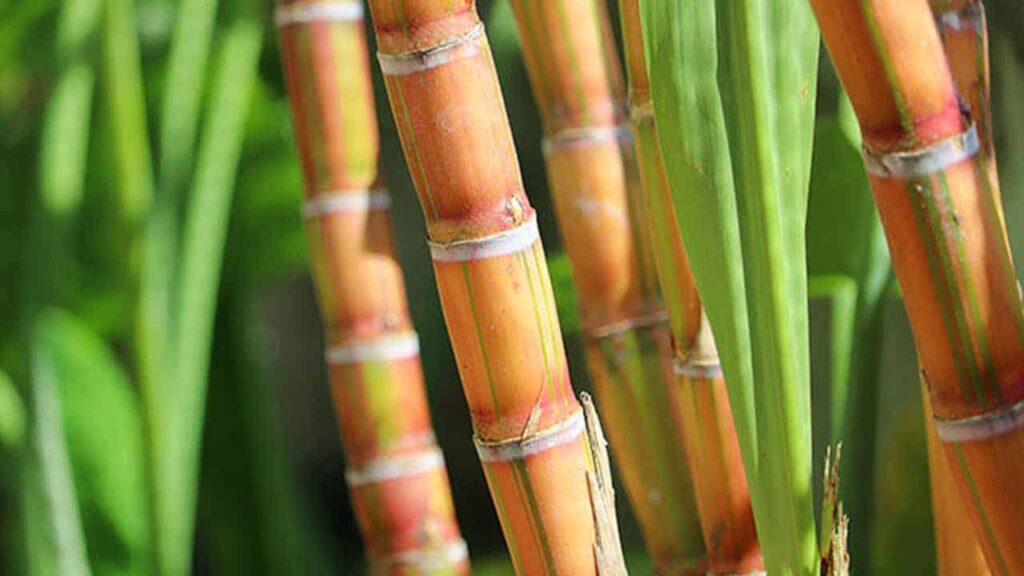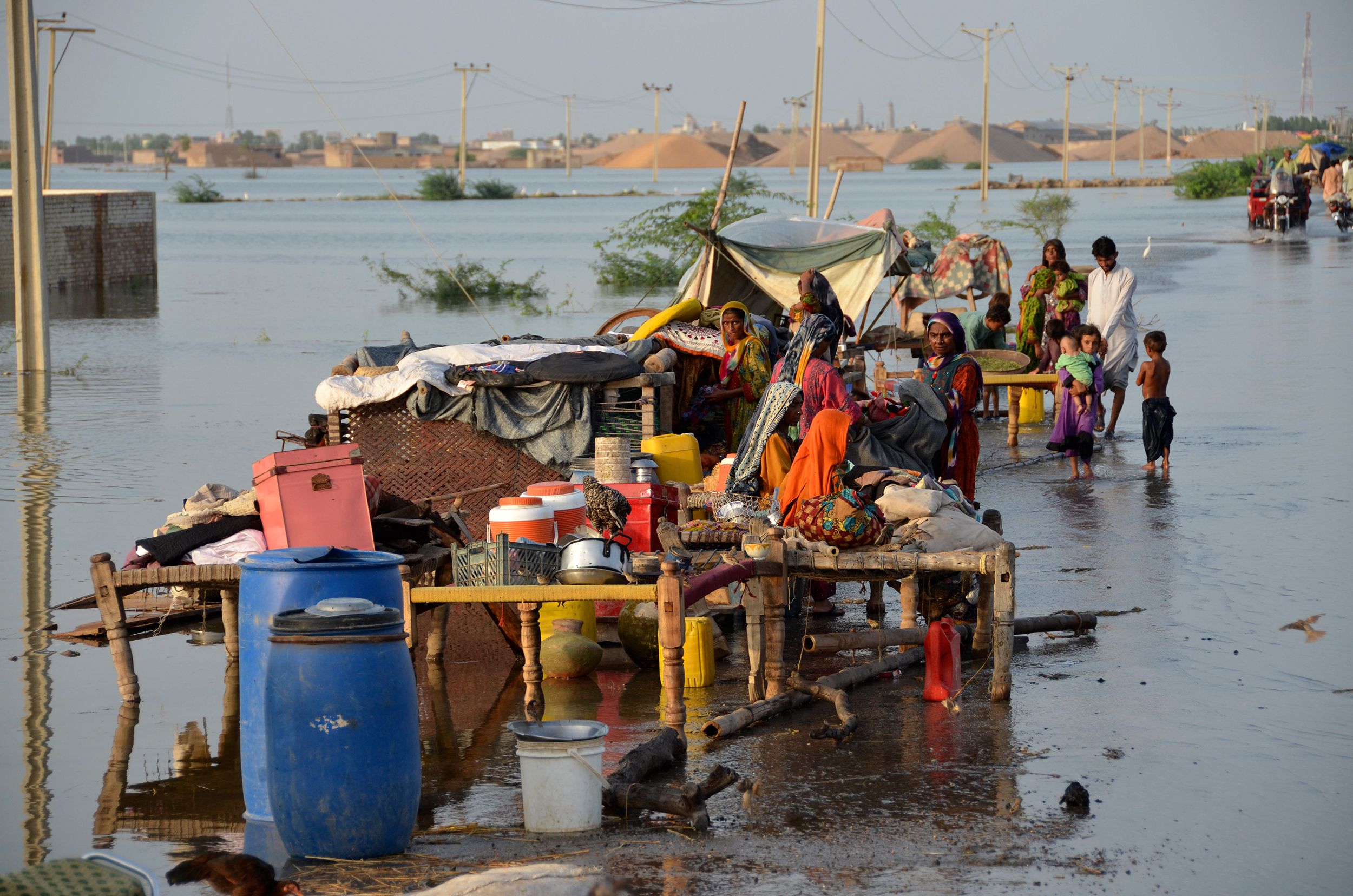Food & Climate
Scientists have concluded that Pakistan’s major crops are being affected by a shift in weather patterns to a “new, erratic normal” characterized by harsh winters, intense heat waves, and erratic summer monsoons, threatening the productivity of staple crops such as wheat and sugarcane, as well as infrastructure and livelihoods across the country.
Scientists warn that the country’s ‘new normal’ of extreme heat, floods and erratic rainfall is pushing farms and supply chains to the brink, according to a report seen by “Food & Climate” platform.
They said that this growing unpredictability had already undermined crop yields over the past four years, posing an increasingly grave risk to Pakistan’s food security.
“This is not good news for Pakistan,” said Ali Mirchi, an associate professor of water resources engineering at Oklahoma State University, who has co-authored multiple studies on the changing hydrology of the Indus River basin.
The region, which encompasses much of Pakistan and extends into northwest India, is exhibiting unmistakable signs of growing instability, Mirchi said. Floods, water shortages and heat stress are now routinely disrupting planting and harvest cycles.
Pakistan’s major crops are being affected
Flash floods devastate standing crops and unleash “serious ripple effects for agrarian communities”, Ali Mirchi, an associate professor of water resources engineering at Oklahoma State University, said. Droughts, combined with shifting snowmelt patterns, further limit irrigation, placing additional pressures on agriculture.
To cope with these uncertainties, communities in Pakistan and northwest India have increasingly turned to “already-strained groundwater resources”, especially for water-intensive farming systems – a trend that Mirchi warned placed long-term water security in jeopardy.
Studies have found significant groundwater depletion in parts of northwest India’s canal-fed regions, driven by a combination of low rainfall, dwindling tributary flows and the demands of the dominant rice-wheat rotation.
Pakistan faces a parallel vulnerability: in Punjab and Sindh, prolonged drought and extreme heat have eroded wheat and sugar cane yields.
The consequences of Pakistan’s increasingly erratic climate extend far beyond food and water. According to Abid Qayyum Sulehri, executive director of the Sustainable Development Policy Institute in Islamabad, the volatility is destabilising the economy itself.

He said extreme weather had disrupted Pakistan’s major crops that underpin both export earnings and manufacturing. In 2023, this weakened Pakistan’s foreign exchange reserves at a time when the country was already teetering on the brink of default.
“We are talking about living organisms,” Sulehri said. “Many other manufacturing processes can be temporarily halted during unfriendly weather but crops, once sown, of course cannot be paused.”
Declining cotton output in recent years has forced Pakistan’s textile industry, which accounts for about 60% of export revenue, to ramp up imports of yarn.
Climate change has also hit the production of rice, Pakistan’s second-largest export, as well as mangoes and oranges, and forced the government to import sugar to offset falling cane yields.
Pakistan’s food culture doesn’t keep up with the changing weather
The devastating floods of 2022, which Islamabad estimated wiped out 40% of the cotton crop and 15% of rice paddies, provided a stark illustration of how climate change was already affecting Pakistan’s major crops, Sulehri said.
For Pakistan to ensure future food security, it must transform its agricultural value chain from “farm to market” to “seed to shelf”, according to Ehab Ansari, a Dubai-based business consultant with extensive experience in Pakistan’s agriculture sector.
“This requires both industrial reorganisation and cultural transformation in food consumption and production,” Ansari said. “Failing that, every climate shock will widen the hunger gap irreversibly.”
Pakistan’s prevailing model – fresh produce sold in open markets, minimal processing and scant refrigeration – “is fundamentally incompatible with the climate volatility and geopolitical pressures it now faces”, he warned.

From street-side vegetable stalls to home-made rotis, the country’s food culture has long prioritised immediacy over preservation, Ansari said. Low industrial investment means Pakistan lacks a scalable processed food industry. There is no nationwide system for frozen vegetables, canned fruits, or ready-to-eat meals.
“Processed and frozen food is not a luxury; it’s a buffer,” he said, according to “South China Morning Post“.

